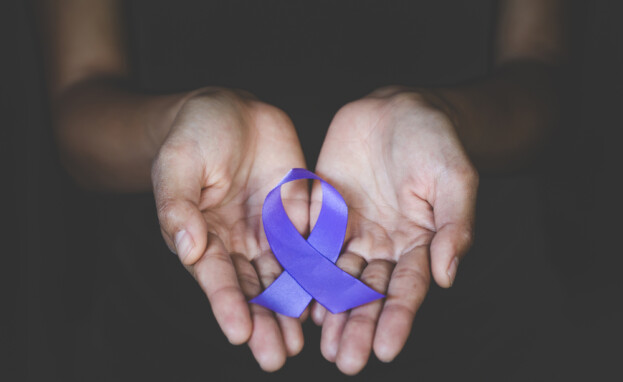If you’ve been in quarantine recently, you may be one of the lucky few who heard little or nothing about the recent trial in Virginia between movie star ex-spouses Johnny Depp and Amber Heard.
For several weeks, Johnny, Amber, and others provided countless hours of testimony concerning the circumstances of their, shall we say, troubled marriage. You didn’t need to watch the whole trial to know the story is ugly. Substance abuse, emotional neglect and manipulation, verbal assault(s), and allegations of physical and verbal abuse flowed in both directions.
Whatever your feelings about celebrity splits and 8-figure lawsuits, there are very real takeaways to be applied in real-life circumstances surrounding intimate partner violence.
Poor behavior is NEVER a justification for mistreatment
While the focus of the trial was whether or not Amber defamed Johnny by characterizing herself as a victim of domestic violence, I was struck by the public’s strong reaction to testimony from Johnny, Amber, and others. Empathy abounded for Johnny. Far less so for Amber. She and her attorneys were belittled online via memes, tweets, and YouTube videos.
Some of that is likely attributable to Amber depicting herself as a victim, who herself acted poorly toward her spouse. But that reaction is dangerous in the context of intimate partner violence. We are all responsible for the choices we make and the actions we take, independent of what has happened to us.
If you are going through a separation or divorce, it is imperative that you look at your and your spouse’s actions as independent actions and not as the result of something you or your spouse did. No one earns or deserves mistreatment.
It is possible to be a victim and a bad actor
From the testimony drawn from the parties and their marriage counselor, Amber was much younger and more emotionally fragile than Johnny. For most, if not all, of their marriage, Johnny was abusing narcotics and alcohol, which left him occasionally emotionally and even physically unavailable to his partner, who feared abandonment. Jealousy was prevalent on both sides. Both of them spoke to one another in degrading ways. This was not a relationship grounded in mutual respect, dignity, support, or affection.
In my career, I’ve encountered victims of intimate partner violence who deemed themselves unworthy of empathy or support because of their individual shortcomings, failings, or misdeeds. That kind of thinking needs to change.
There will be judgment for one’s own misdeeds. But, one should never deem themselves unworthy of empathy. Victims of bad relationships need not be without fault to deserve empathy. No behavior justifies retaliatory mistreatment. We are all responsible for the choices we make and the actions we take, independent of what has happened to us.
If you are the victim of domestic abuse, you can contact the National Domestic Violence Hotline at https://www.thehotline.org/ or 1-800-799-7233.
For more information, contact Erik at 301-657-0725 or epare[email protected].


